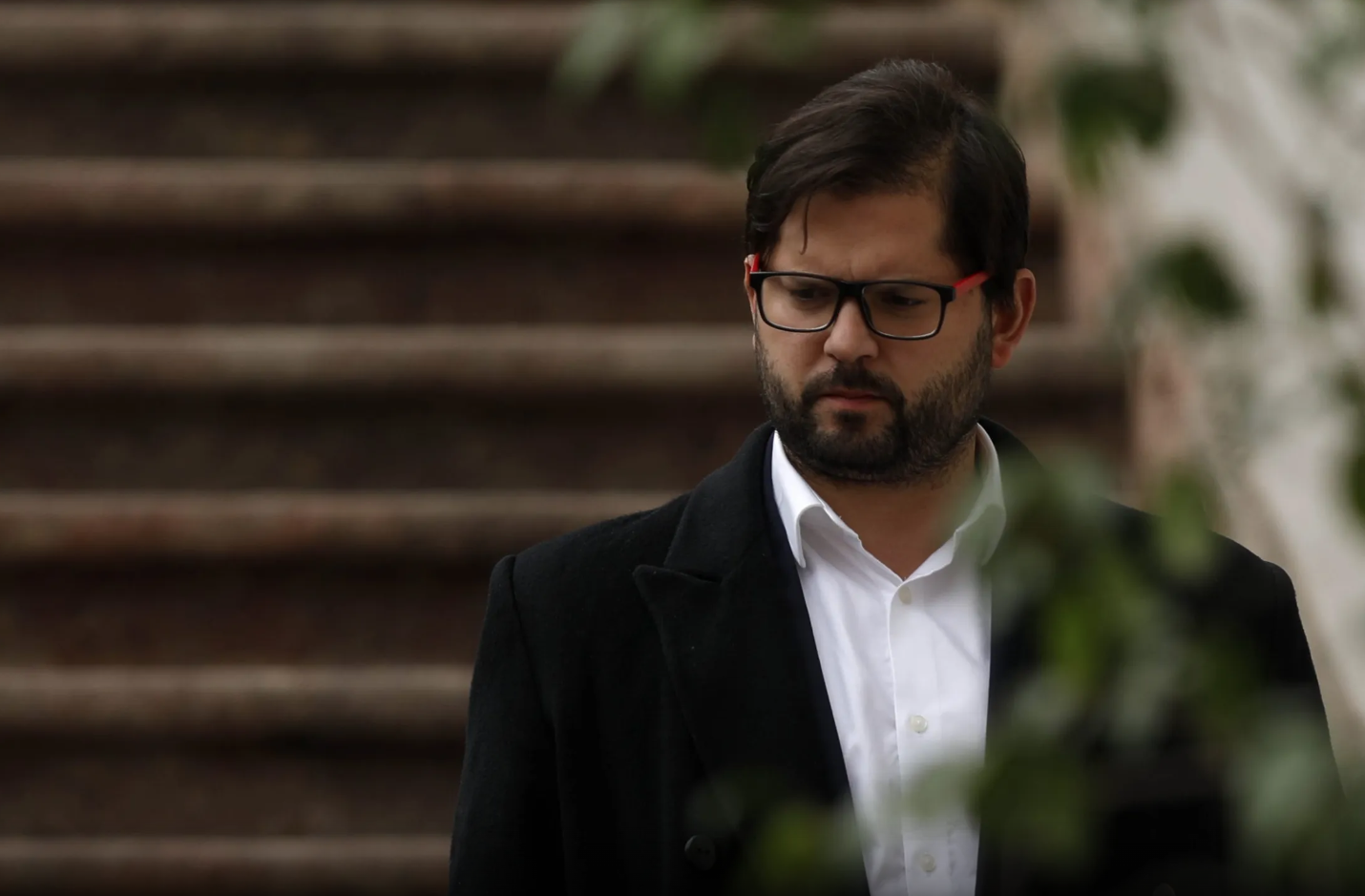After the resounding defeat of the plebiscite on the constitutional change last September 4 (two-thirds of the votes against the remaining third) it seemed that President Gabriel Boric had overcome the mirage that came with his electoral victory in the second round of the presidential elections. At least it seemed that way during his immediate change of government, in which he got rid of members of the hard sector of his Frente Amplio and replaced them with well-known representatives of the reviled Concertación. However, accepting the harsh reality was not so simple. So, what has really happened is the internal division of the original project, which has given rise to what is now known in Chile as “Boric’s two souls”.
To better understand this political polarity, it is worth remembering the origin of the mirage that excited so many people inside and outside Chile. Two aspects were crucial in this regard: The first refers to the true dimension of his electoral victory since only 56% of the electorate had voted and Boric had obtained 55% of those voters. In fact, the president-elect had only 27% of the total electorate.
But, in addition, opinion polls showed that 70% of the almost three million votes that were added to his candidacy in that second round came from other (center-left) parties, which would not follow Boric in the future. In other words, the “broad electoral tide” of the president did not even reach a quarter of the electorate.
The other element of the mirage alluded to the idea that the support for Boric was a direct product of the unstoppable spirit of the social outburst of 2019. Opinion polls showed that support for what happened then was far below what was believed. Several observers in the country pointed out that those events had been “over-celebrated”. In fact, more than half of the Chilean population had a critical view of what had happened.
This illusion seemed to have been shattered after the defeat of the constitutional plebiscite, which the government itself presented together with part of its original project. However, the radical soul of that project remained firm and even proposed a counter-offensive. It did not matter that the polls showed a rapid deterioration of the government’s image, with the disapproval of the president himself standing at around 70%. There were still important political battles to be fought.
A crucial one, for example, was the tax reform that would allow the government to push through several campaign promises, starting with the pension reform. The problem was that this would have to be approved in Congress, where the president does not have a parliamentary majority. And once again the after-effects of the old mirage were felt. Instead of negotiating with the opposition on the content of the reform, Boric’s radical soul considered that his proposal was so good that it would drag along the sectors of democratic socialism that supported him in his electoral victory.
The result has been a serious defeat of the reform in the parliamentary seat, which many Chilean observers consider Boric’s greatest legislative failure. The reform aims to raise 3.6% of GDP over four years, some $10 billion, which would support the President’s socio-economic program.
The government was counting on the fact that the discussion would take place on International Women’s Day as a point in its favor. It already knew that the right wing would vote as a block against the bill, but the government hoped to capture some votes from the benches of the progressive parties. Having failed to do so and lost the vote, the reform will not be able to be reintroduced in Congress until a year from now.
The days that followed this huge political defeat have shown the internal debate between the two souls of Boric’s project. For the radical soul, it has not gone far enough; for the moderate one, it is necessary to accept the harsh reality that the votes lent by democratic socialism in the presidential election are not and will not be at his disposal.
This confrontation between the two souls must be resolved soon unless the Government prefers to engage in a continuous back-and-forth of negative consequences; not only for its own project but also for the country as a whole.
*Translated from Spanish by Janaína Ruviaro da Silva













